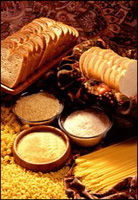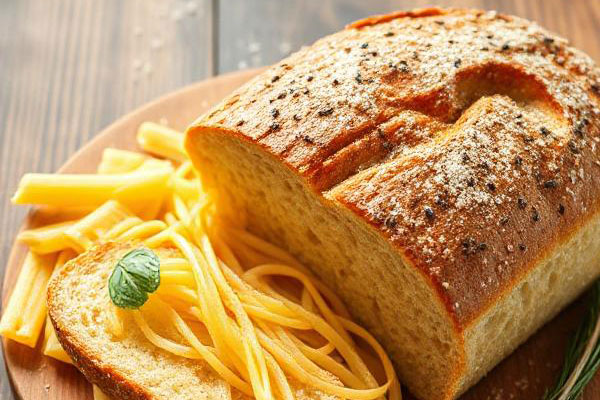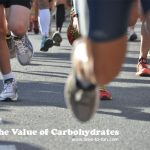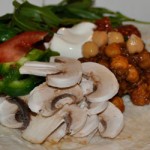What are carbohydrates?
 All carbohydrates are made up from sugars. There are a number of different types of sugars but in the body all carbohydrates metabolism converts sugar to glucose, our body’s preferred energy source. Glucose is the main sugar present in many foods but some contain different sugars, such as fructose in fruit, lactose in milk, galactose as well as others. Most sugars are digested and absorbed and converted to glucose, some cannot be digested, we call this fiber.
All carbohydrates are made up from sugars. There are a number of different types of sugars but in the body all carbohydrates metabolism converts sugar to glucose, our body’s preferred energy source. Glucose is the main sugar present in many foods but some contain different sugars, such as fructose in fruit, lactose in milk, galactose as well as others. Most sugars are digested and absorbed and converted to glucose, some cannot be digested, we call this fiber.
What are complex carbohydrates?
Complex carbohydrates or starch are simply sugars bonded together to form a chain. Digestive enzymes have to work much harder to access the bonds to break the chain into individual sugars for absorption through the intestines.
For this reason digestion of complex carbohydrates takes longer. The slow absorption of sugars provides us with a steady supply of energy and limits the amount of sugar converted into fat and stored!
What are simple carbohydrates?
Simple carbohydrates are smaller molecules of sugar unlike the long chains in starch. For example the individual sugars themselves – glucose, fructose and galactose ( monosaccharides ), or two sugars bonded together ( disaccharides ).
They are digested quickly because the individual sugars are ready to be absorbed immediately plus digestive enzymes have easy access to the bonds in the paired molecules. You could say most of the work has been done!
Absorption of simple carbohydrates
Their rapid absorption increases the chances of sugar converting to fat but only if there is an abundance of energy absorbed. Foods like cake, pastry, biscuits, chocolate and too much table sugar to name a few contain lots of “empty” calories. Because our cells usually do not require that amount of energy at that time, the sugar must either be converted to glycogen ( sugar storage within cells ) or converted to fat. The cell can only store a limited amount of glycogen so in many cases simple carbohydrates loaded foods may contribute to body fat stores. This rule can change if the glycogen levels are low such as after anaerobic exercise.
Other natural foods like fruit contain naturally occurring simple sugars, however because the amount of energy is low there’s less chance for sugar to be converted to fat. Plus many fruits are high in fiber which helps slow digestion again limiting the flood of sugar energy into cells when its not needed!
Why are carbohydrates important?
Carbohydrates are the body’s primary source of fuel. The energy can be released quickly and easily to fulfill immediate requirement within cells. Carbohydrates do not require oxygen to burn therefore they fuel most muscular contractions, meaning our carbohydrate intake is very important for regular exercise sessions. If carbohydrates stores are low exercise will seem like a real effort!
More about carbohydrates:
source Time-to-Run Contributor































Tell me what I can’t eat if I have sugar. Is it no carbs? Thank you
if you have sugar problems, it is best to speak to nutritionist to see how they can advise you, as to what you can eat